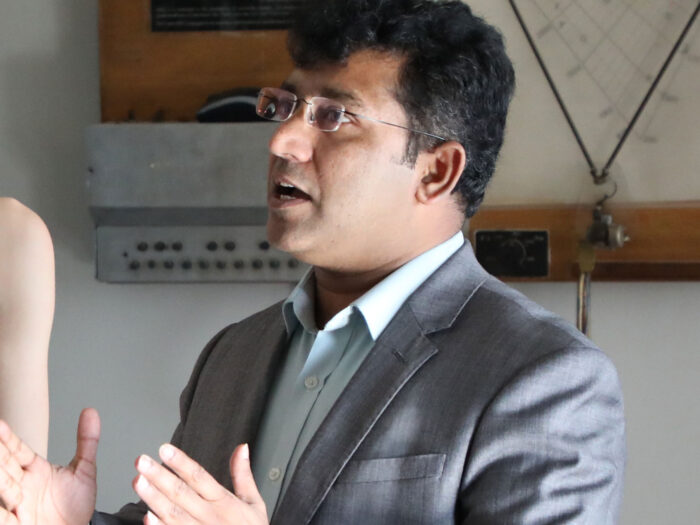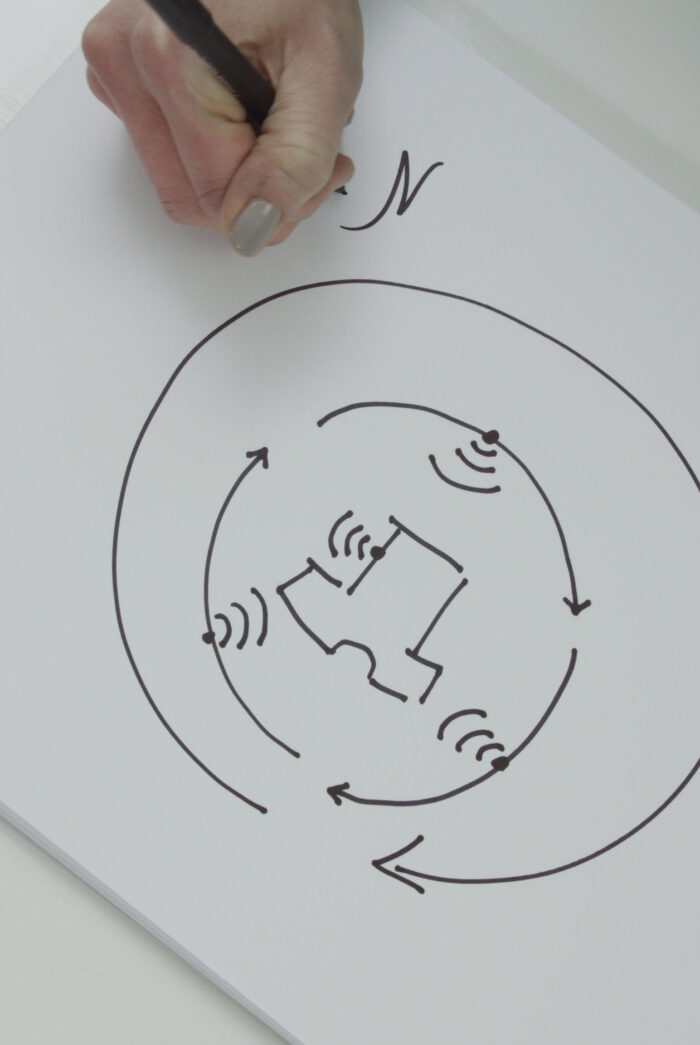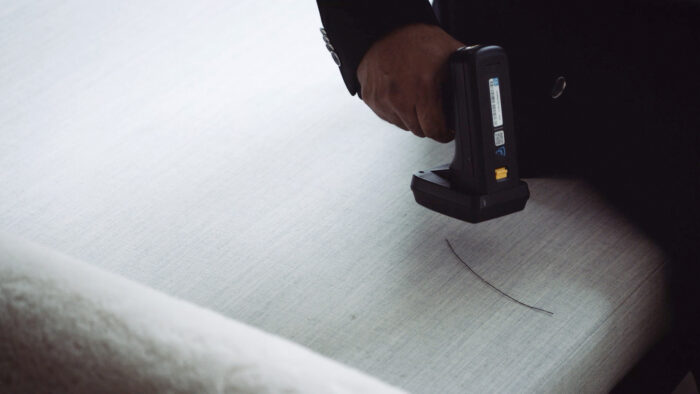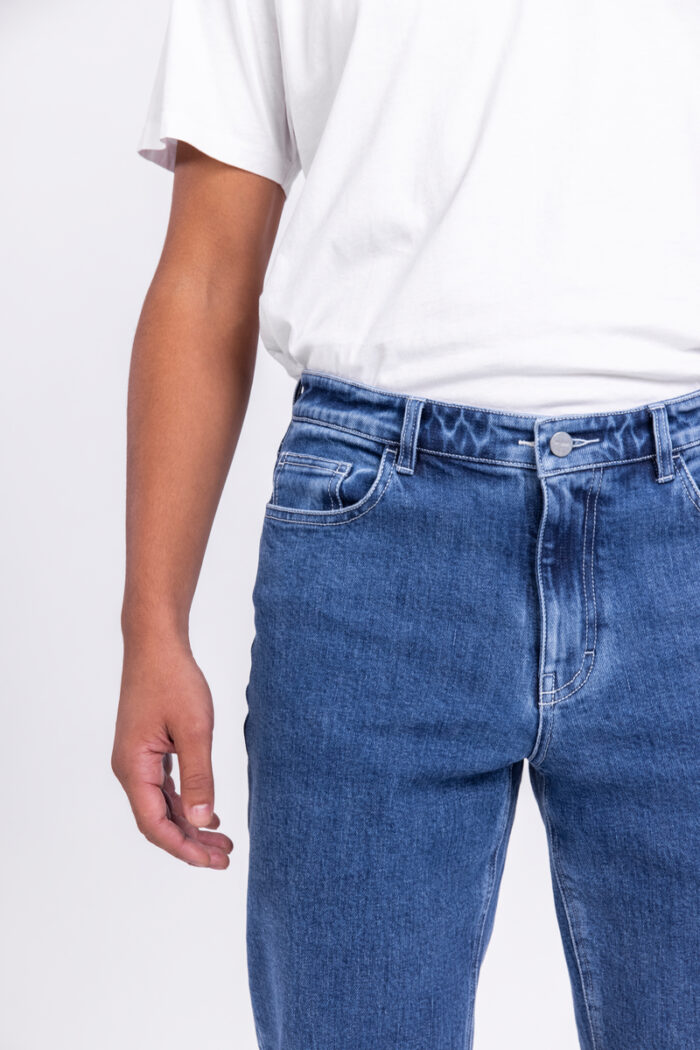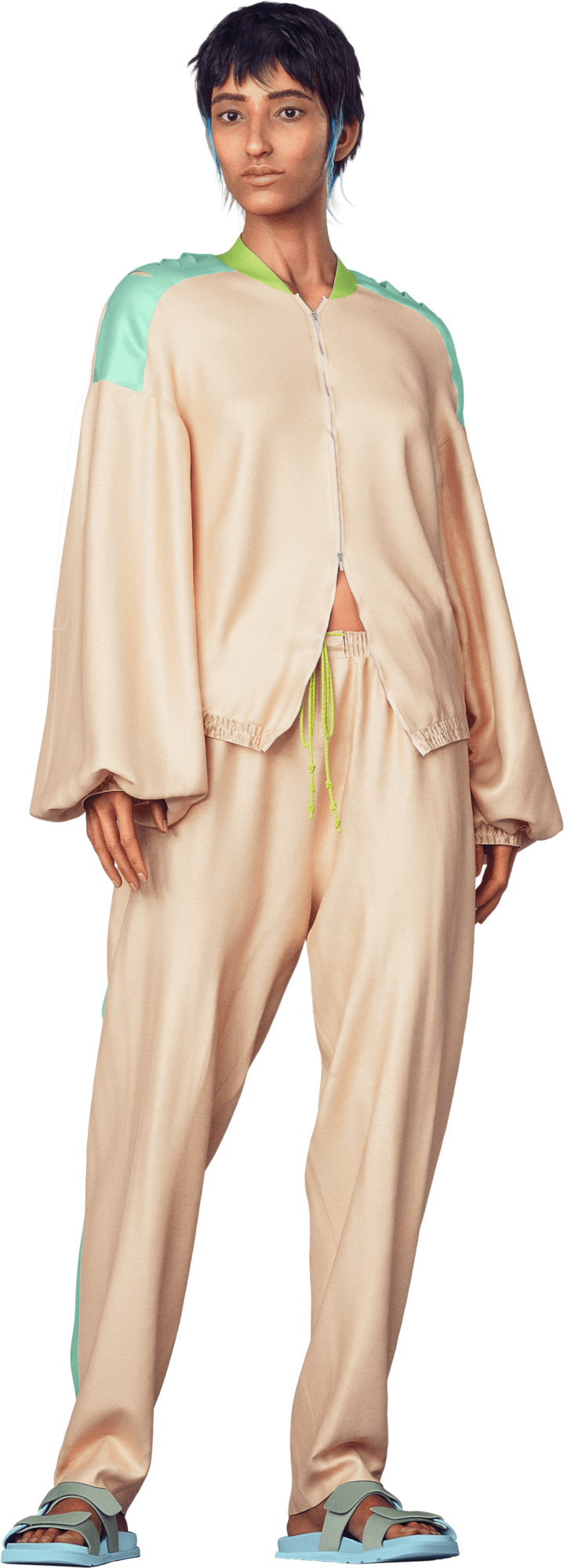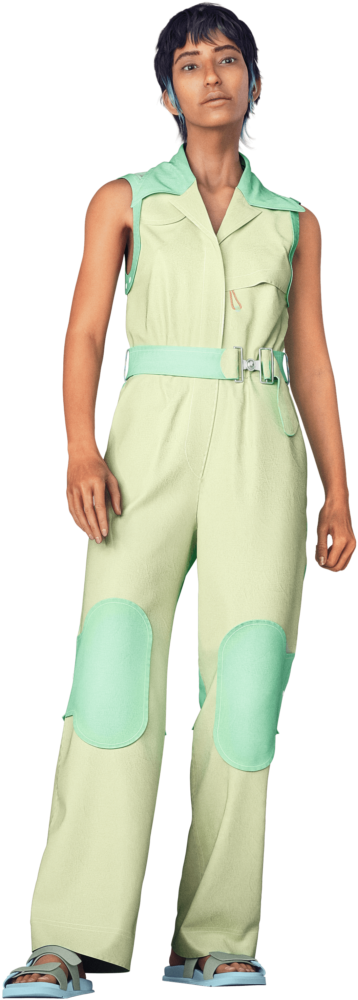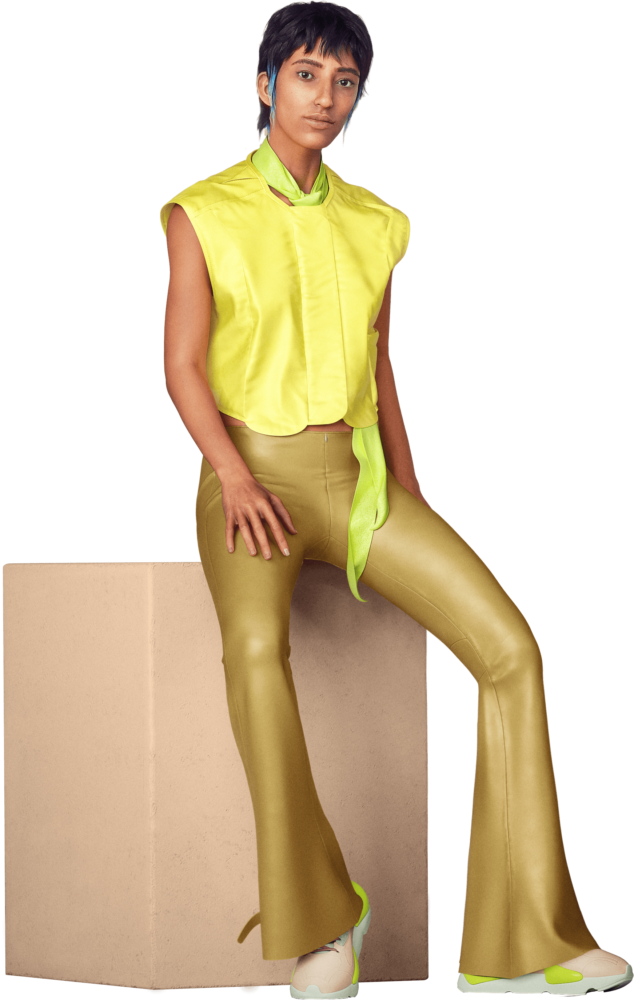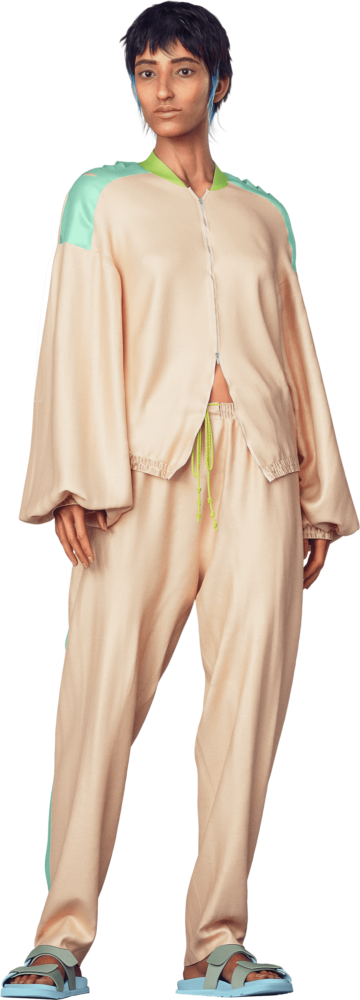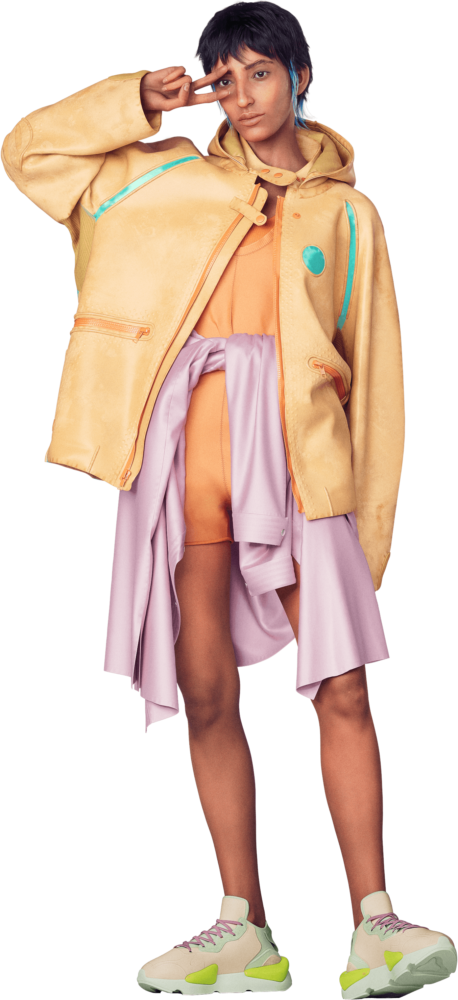Adetex.ID
Adetex.ID’s own estimated support needed to scale.
Through a thin RFID thread that can be filled with information and sewn into a garment, and then remains viable throughout the garment’s lifecycle, Adetex.ID opens up for new possibilities within for example textile recycling, stock management and second-hand solutions.
Even though billions of garments are produced annually around the world, less than 1% of the material is today recycled into new garments. A major barrier to textile recycling is when clothes are made from blend textiles and the composition is often unknown.
To bridge the communication gap between manufacturers and recyclers, Adetex.ID has developed an invisible RFID tag in the form of a thread, called RFiD Thread®, which can store the content information needed to sort and recycle each garment automatically. The innovation provides a solution to not only increase recycling, but also to track, trace and follow each item from start to restart. Talk about circular fashion!
Less than 1% recycled
According to the Ellen MacArthur Foundation, the equivalent of one garbage truck of textiles is landfilled or burned every second. Less than 1% of material used to produce clothing is recycled into new clothing, representing a loss of more than USD 100 billion worth of materials each year.
Impact Potential by Accenture
Enabling automated
recycling process
270,000 metric tons of textiles enabled
to be saved from linear single use and
discarded textiles annually with Adetex.ID’s
solution in 2030
Comparable to 1 billion t-shirts enabled to
be saved from linear single use and
discarded textiles
Improved value chain transparency
The planet positive impact potential is estimated by Accenture with the purpose of demonstrating how Adetex.ID has the potential to create multi-dimensional value when scaling.
The high-level estimation is based on Adetex.ID’s potential to scale and its output in 2030 (~1,500 million units produced). Adetex.ID’s solution can enable 270,000 metric tons of textiles to be saved from linear single use and discarded textiles annually, which is comparable to 1 billion t-shirts.
In addition to enable easier and automated recycling, Adetex.ID improves transparency across the value chain.
More on Accenture’s Impact Potential.
These materials are (A) for information purposes only, (B) do not constitute an offer to subscribe for, buy or sell securities of any of the Innovations mentioned herein or any other securities, and (C) should not be relied upon to make any investment decisions.
Team
The multidisciplinary team behind Adetex.ID brings vast expertise and know-how gained from working in global companies and in a range of academic research environments focused on smart textiles.
Members of the team include Dr. Anura Rathnayake (Founder and Chairman), Mark Bairstow (Finance and Strategy Director), Paschal Little (Member of the Advisory Board), Upali Herath (Business consultant) and Mahesh Gunasinghe (Operations Manager).
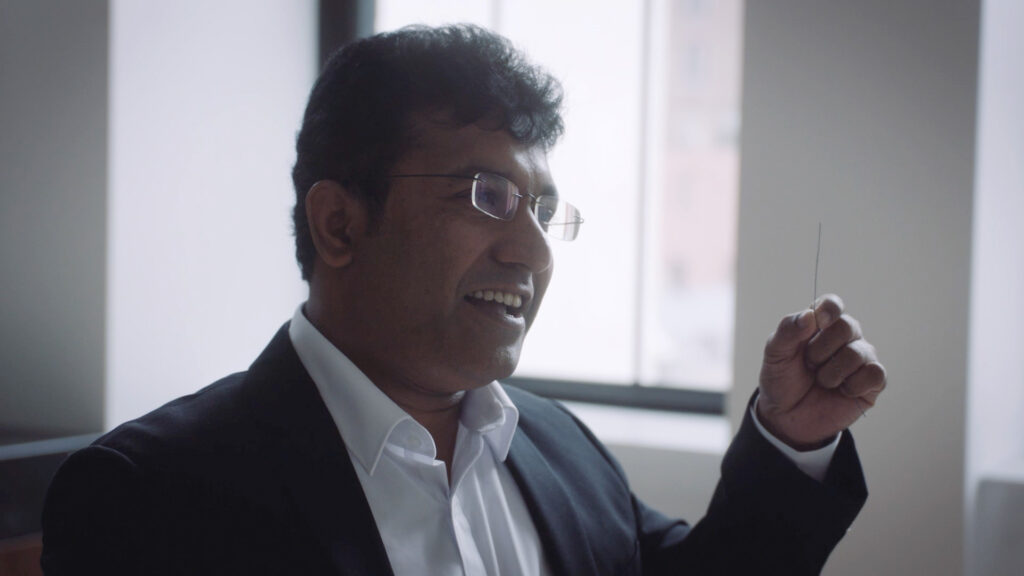
Awards
- Winner, H&M Foundation Global Change Award (2017)
- Winner, Shoptalk retail innovation award (2017)
- Winner, LAUNCH innovation challenge (2017)
- Winner, Plug and Play by Fashion for Good (2017)
Contact
Anura Rathnayake, Founder
anu@adetexs.com
adetexs.com
Facebook | Twitter | LinkedIn
Download
See the start-up presentations to learn more.
